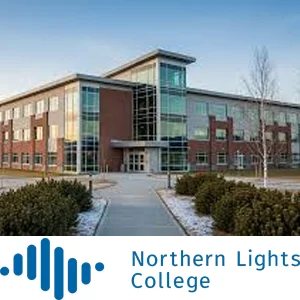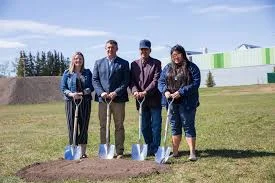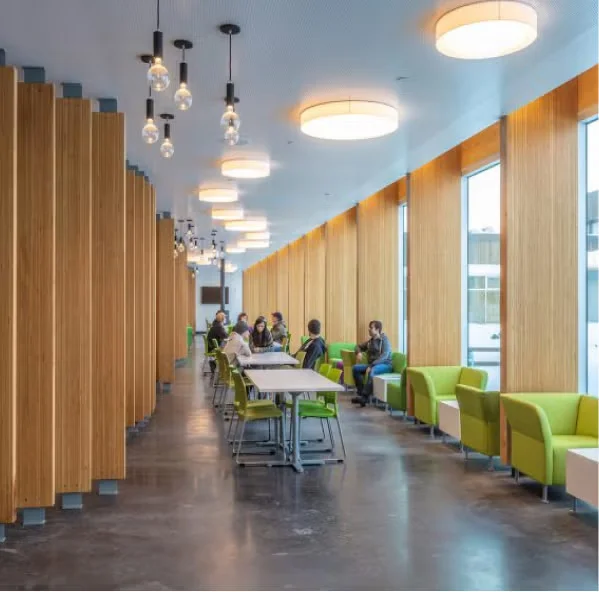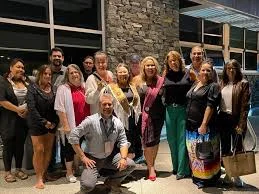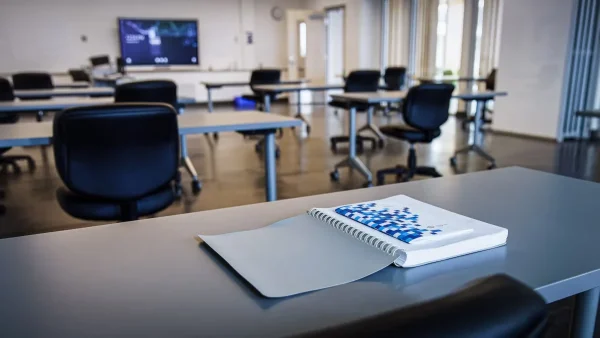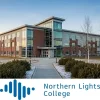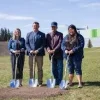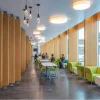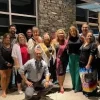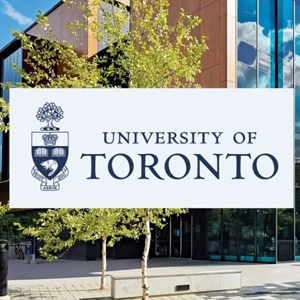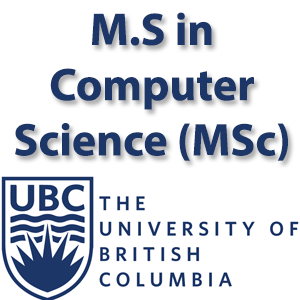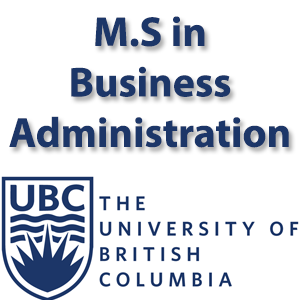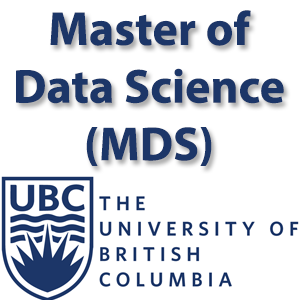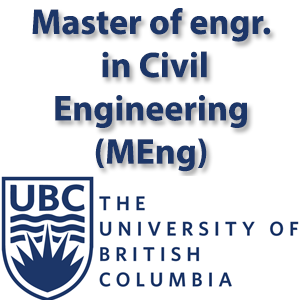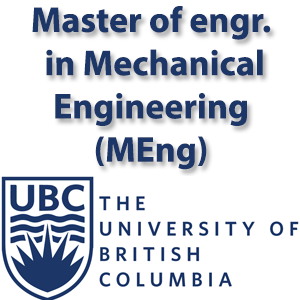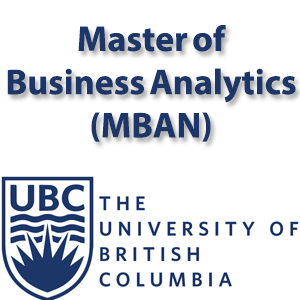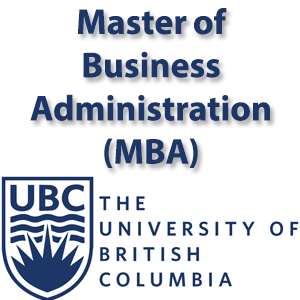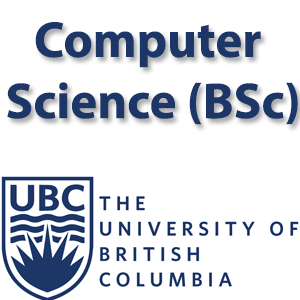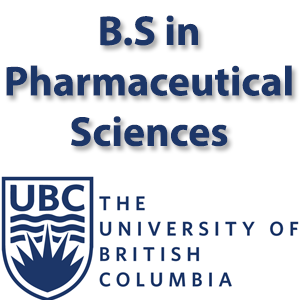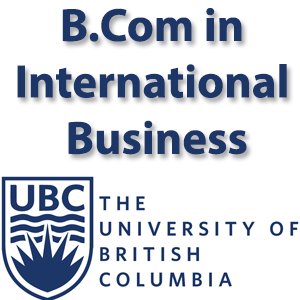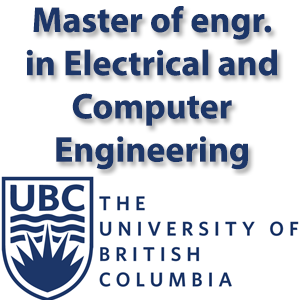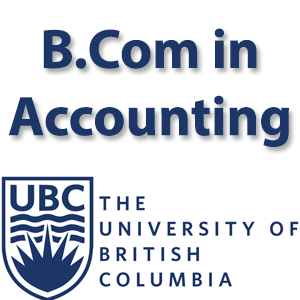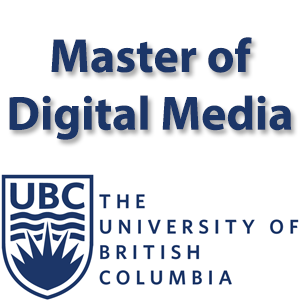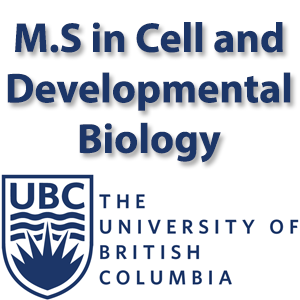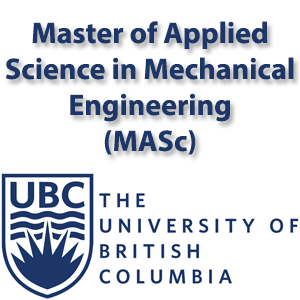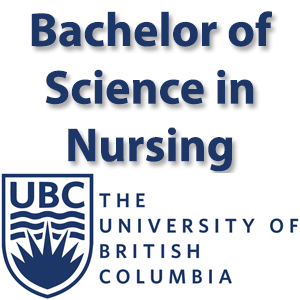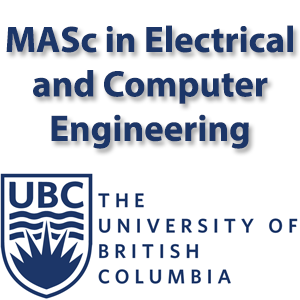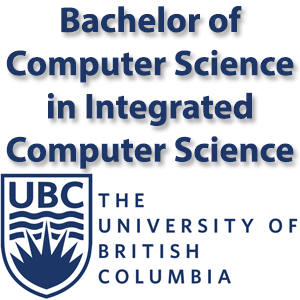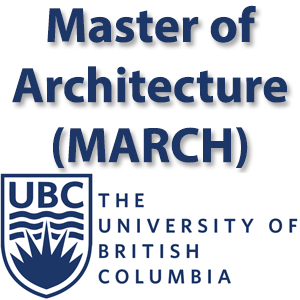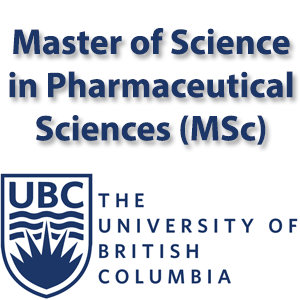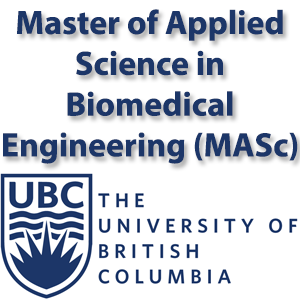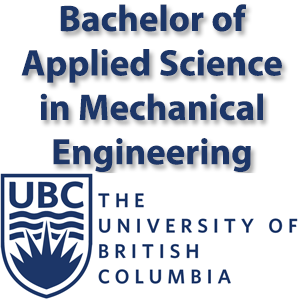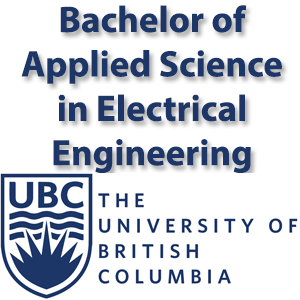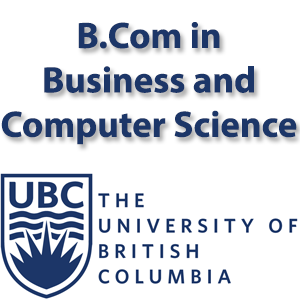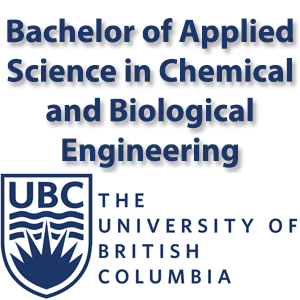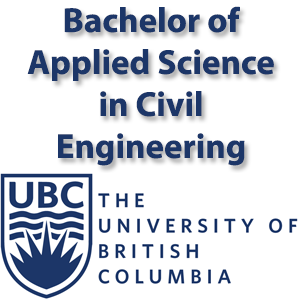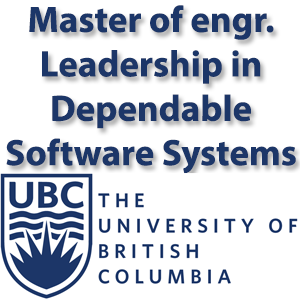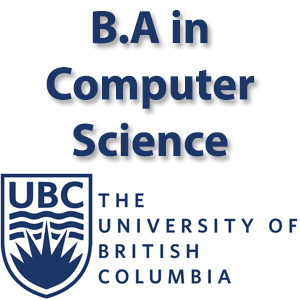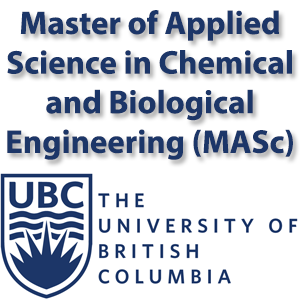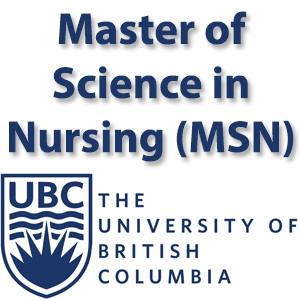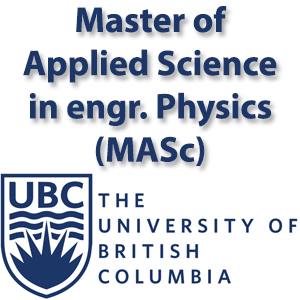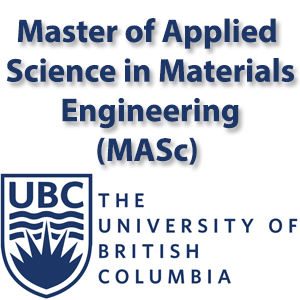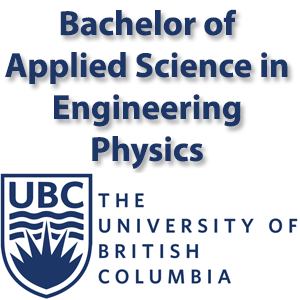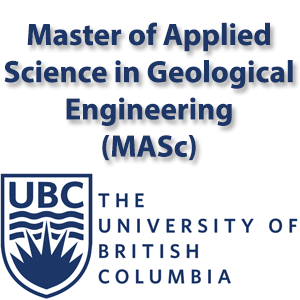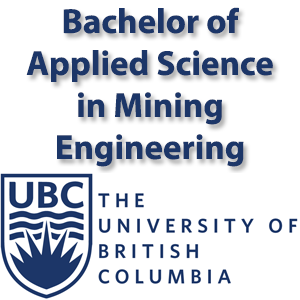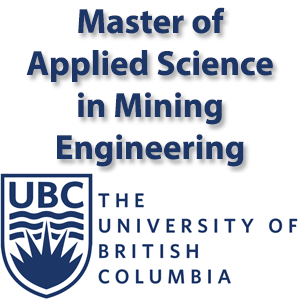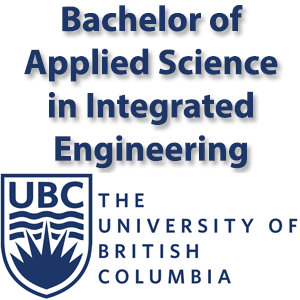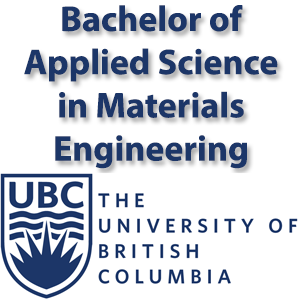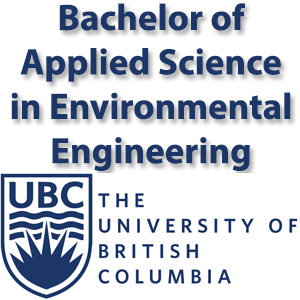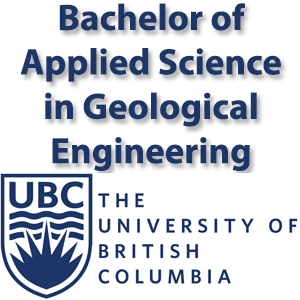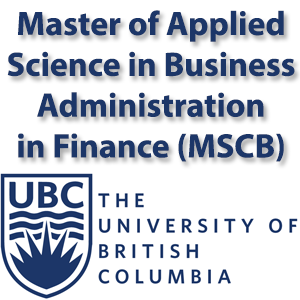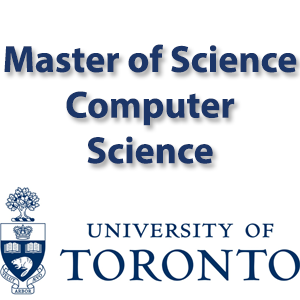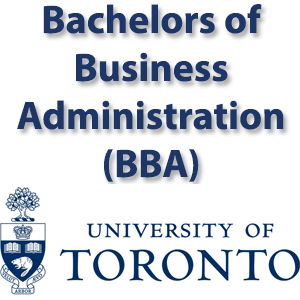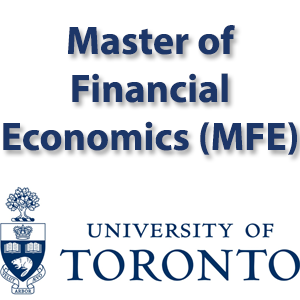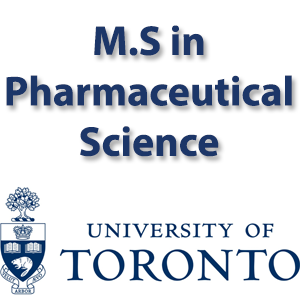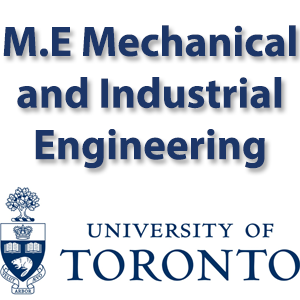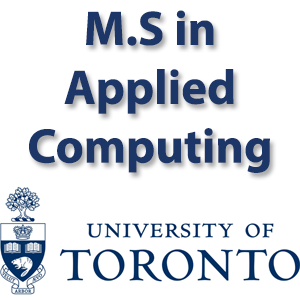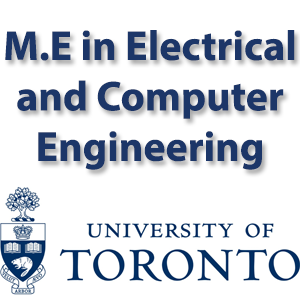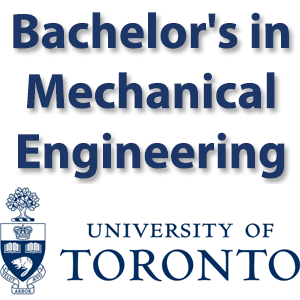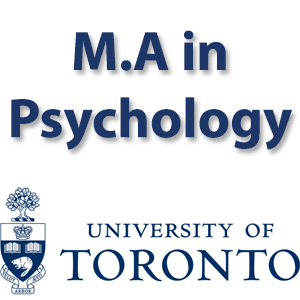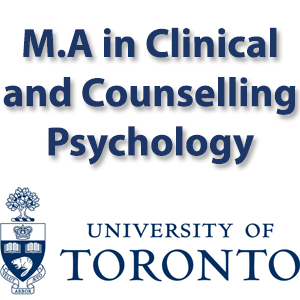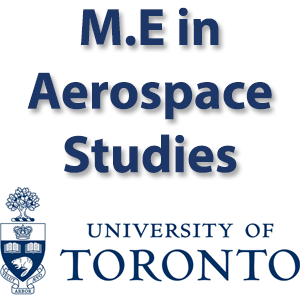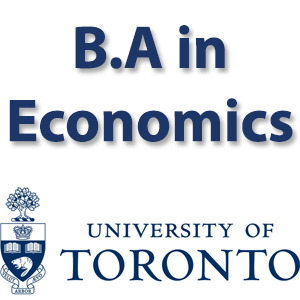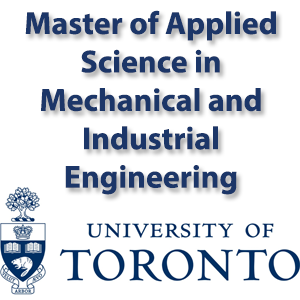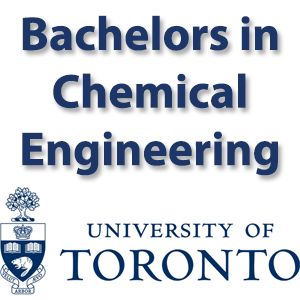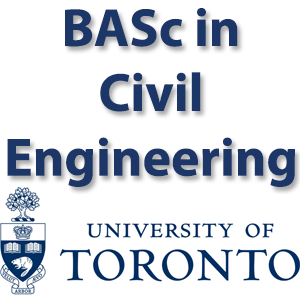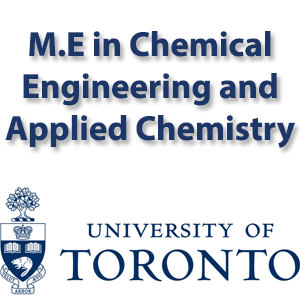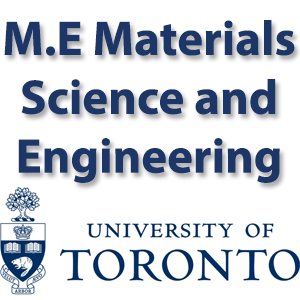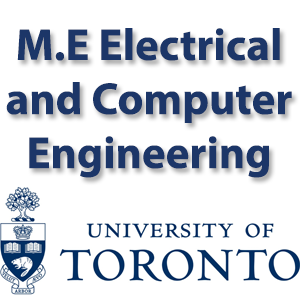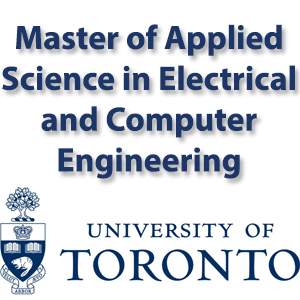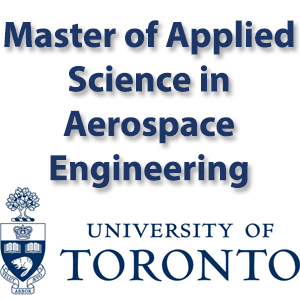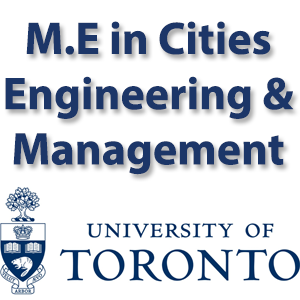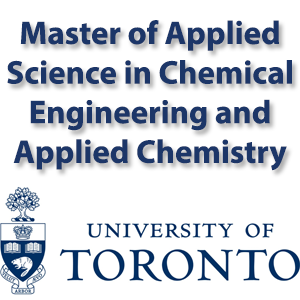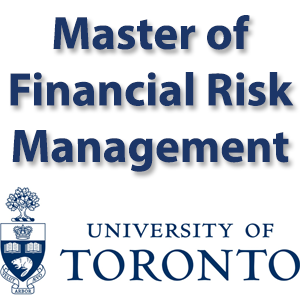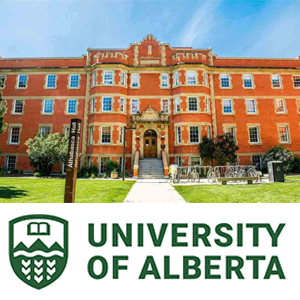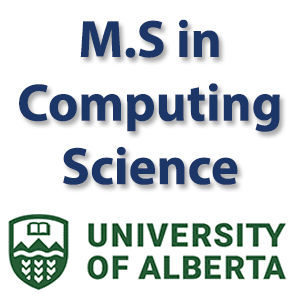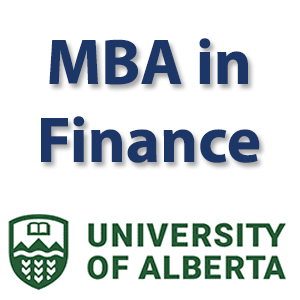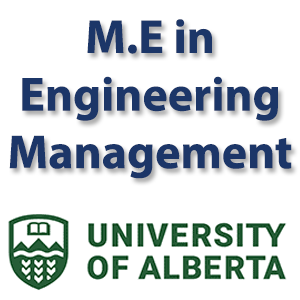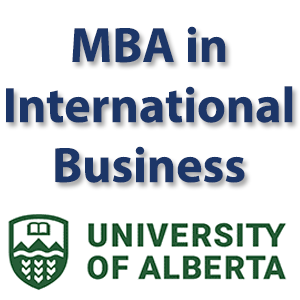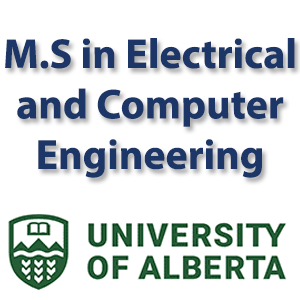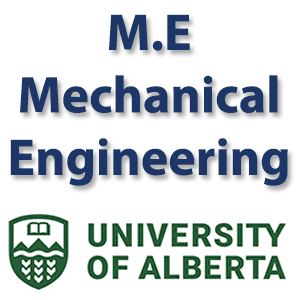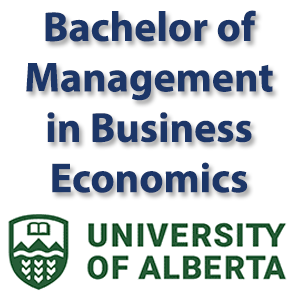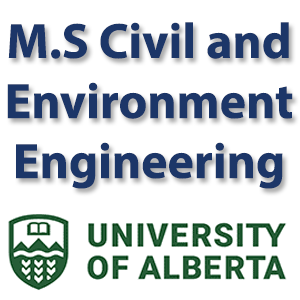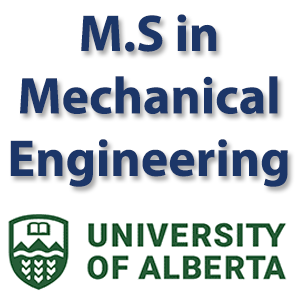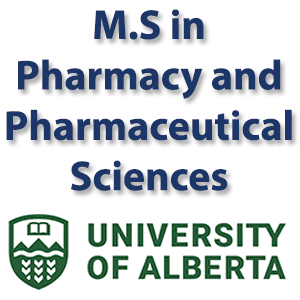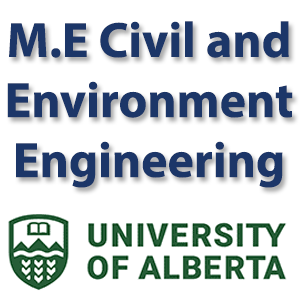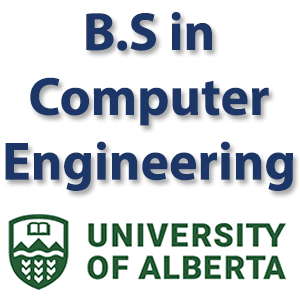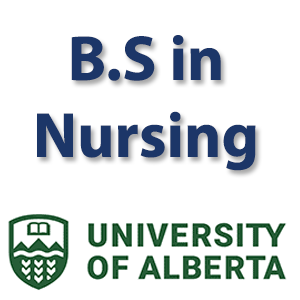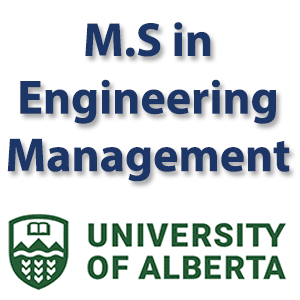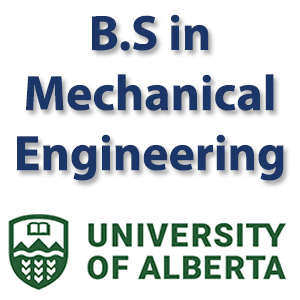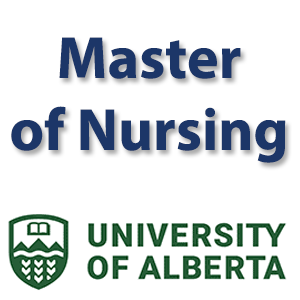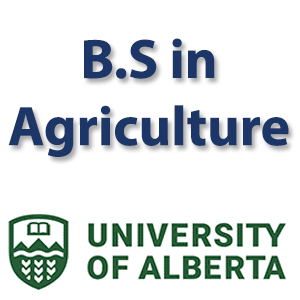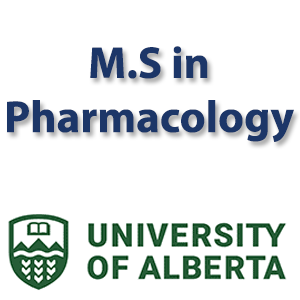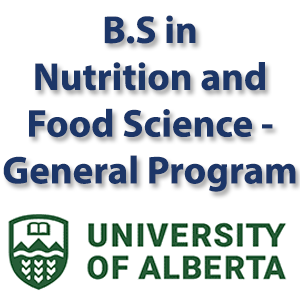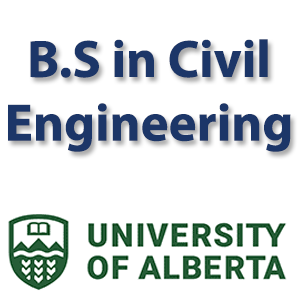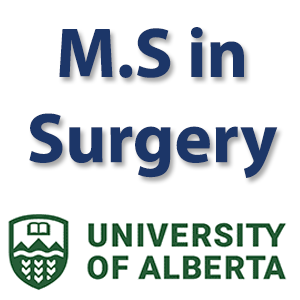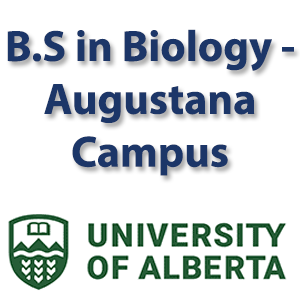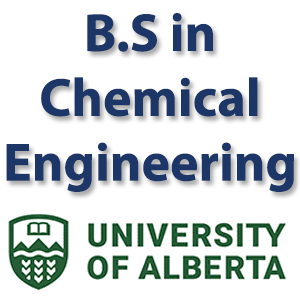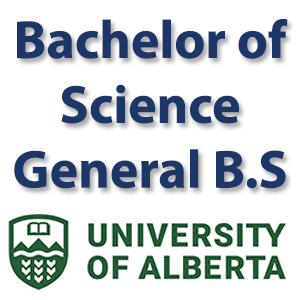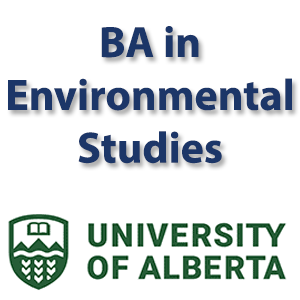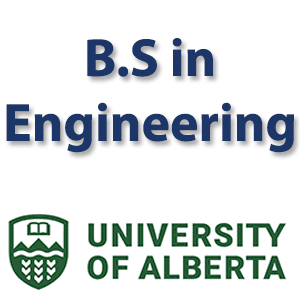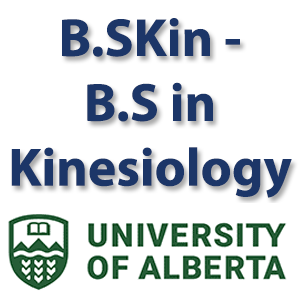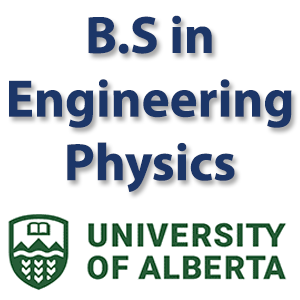Applying to NLC as an International student
Ready to start your Canadian academic journey in beautiful Northern BC? Apply now with this easy step-by-step guide!
Let’s get started!
List of PGWP eligible programs
These programs align with IRCC Classification of Instructional Programs (CIP) codes. Students who successfully complete these programs are eligible to apply for a post-graduate work permit. Keep watch on this list as we add more programs!
Education
Health and Human Services
S.T.E.M. (Science Technology, Engineering, and Math)
Trades
Entry Requirements
To see if you meet the entry requirements, look under your program
Programs A-Z
Language Requirements
Find the general academic English language proficiency requirements here.
Requirements
Set your sights on Northern Lights College
First opened in 1975, Northern Lights College serves the top third of British Columbia. Our programs provide students with hands-on training and education so they can make a successful transition into further education and the workforce.
Programs that change lives
NLC students have a number of options depending on their chosen career path. Our graduates become highly skilled workers who are equipped to:
- Support their families
- Build healthier communities
- Power the economy throughout BC
Mission
Enriching lives, communities, and industry in northern British Columbia and the world through accessible, applied, and academic learning.
Vision
NLC is the college of choice for academic and lifelong learning-in or beyond the classroom.
NLC’s storied past
Northern Lights College has deep roots throughout the region. With humble beginnings in Dawson Creek and an enrollment of just a few hundred students, NLC has now grown to five campuses and two access centres, attracting students from Canada and around the world.
View our timeline for a detailed look at how our college has evolved over the years.
1974
The provincial government forms a Regional Advisory Committee to create a community college in Northern BC.
1975
- Northern Lights College officially opens to serve the northern third of the province. Its main centre is located in Dawson Creek, but Fort Nelson and Cassiar locations are soon added.
- The first president of the College was Dr. Barry Moore (1975-1979).
1976
- NLC expands its programming, now servicing Chetwynd and Hudson’s Hope from the Native Friendship Centre and the high school in Chetwynd.
- The Fort Nelson centre starts working with Prophet River First Nations and also administers the newly added Atlin facility.
1977
With the passage of the Colleges and Provincial Institutes Act, NLC is declared a Crown Corporation. NLC could now own land and have borrowing power.
1980
Jim Kassen becomes the second president of NLC. He would keep that post for 25 years!
1981
A new 14,000-square-foot building is constructed in Fort Nelson. In Dawson Creek, Aircraft Maintenance Engineering and Early Childhood Education are added to NLC’s program offerings.
1982
A new building-a 50,000 square foot centre-opens in Fort St. John.
1983
The title is transferred to NLC for the Dawson Creek property, including Mile Zero Farm. Dawson Creek’s Campus Centre building is completed.
1985
NLC opens its Dease Lake location, with co-operation from SD 87. In Chetwynd, a new location opens with support from SD 59.
1986
In Cassiar, NLC moves into the town’s administration building. In Dawson Creek, new daycare facilities open.
1988
NLC’s Tumbler Ridge location opens in leased space in the Rescan Building.
1990
Hudson’s Hope opens a Main Street location to house new programs: office administration and adult basic education.
1991
In Fort Nelson, a 3,500 square foot addition is added.
1992
In Fort St. John, an 8,750 square foot addition opens. NLC enters into a sharing arrangement with the University of Northern British Columbia (UNBC).
1999
NLC launches a mobile learning centre to serve remote communities.
2000
- The new residence along with a community garden at the Dawson Creek campus opened.
- Author Paul Dampier publishes Highways of Learning: The Northern Lights College Story.
- A temporary drilling rig is erected at the Fort St. John campus as a training and demonstration facility.
2001
The Roy Cunningham Aboriginal Student Resource Centre opens on the Fort St. John campus.
2003
- The Tumbler Ridge campus moves into joint facilities with Tumbler Ridge Secondary School.
- Fort St. John campus receives a donation of a service rig, outfitted for training purposes, from Nabors Production Services.
2004
A new regional administration building opens in Dawson Creek.
2005
- The Dawson Creek hangar expansion is completed, doubling its size.
- D. Jean Valgardson is hired as only the third president in the 30-year history of NLC, following the retirement of Jim Kassen.
2006
Student housing opens in Fort St. John. In Atlin, NLC moves from its courthouse location to a facility owned by SD87
2007
The Industry Training Centre/Oil and Gas Centre of Excellence opens at the Fort St. John campus.
2008
Hudson’s Hope Campus closes.
2009
- A new Indigenous Gathering Space opens at the Fort Nelson Campus, while a simulated well-site training facility is completed at Fort St. John.
- Nabors Canada would later donate a full-sized oil rig to this facility – a key part of what would be named the Jim Kassen Industry Training Centre.
- Construction begins for the Centre for Clean Energy Technologies (Energy House) in Dawson Creek.
2010
- In Dawson Creek, the Science building undergoes massive renovation and transforms into the new Health Sciences building.
- Active programming ends at Dease Lake and Atlin campuses.
2011
- Laurie Rancourt becomes President and Chief Executive Officer of the College.
- Grand openings are held for the Indigenous Gathering Spaces at the Chetwynd, Fort St. John, and Dawson Creek Campuses.
- In Dawson Creek, there is also a grand opening for Energy House and the Health Sciences building.
2012
NLC opens its Centre of Training Excellence in Oil and Gas based at the Jim Kassen Industry Training Centre at the Fort St. John Campus. With funding from the Province, the Centre’s mandate is to coordinate oil and gas training at post-secondary institutions throughout BC.
2015
Dr. M. Bryn Kulmatycki becomes President and CEO of the College.
2018
In Dawson Creek, NLC opens its Trades Training Centre, a LEED gold building, heated by biofuel and “providing a model for sustainable trades college design in a cold climate, utilizing mass timber construction to create a sustainable educational environment”. (Source: Equilibrium Canada)
2020
NLC commissions a study of the labour market in Northeastern BC, with funding from the Ministry of Social Development and Poverty Reduction. The study results in the “Northeast Regional Labour Market Strategy.
2022
Todd Bondaroff is chosen as President and CEO.
Board of Governors
Our board is empowered by the College and Institute Act of British Columbia to manage, administer, and direct NLC’s affairs. Get to know our board members and view our meeting minutes for insights on past activities and decisions. Meetings All NLC board meetings are open to the public. View the 2025 Board Meeting CalendarPDFnew window for dates. The 2026 Board meeting calendarPDFnew window is also available
Chetwynd Campus
Our Chetwynd Campus is centrally located near the community’s public library, pool and airport. With dedicated staff, this campus supports students in a variety of programs designed for the regional job market, and provides the foundation to keep pursuing post-secondary education.
Take a virtual tour!
Chetwynd Campus
On-campus highlights
Take in the treeline views through the many windows of our Chetwynd campus meeting room. This campus also features a warm and welcoming Indigenous gathering space.
Chetwynd campus supports full and part-time students in programs such as Career and College Preparation, University Arts and Sciences, Trades and Apprenticeship, and Workforce Training/Continuing Education.
This campus is also home to our People Obtaining Workplace Employment Requirements (POWER) program which prepares students for entry into trades training and employment.
Dawson Creek Campus
The Dawson Creek campus is the original NLC location and is home to our main administration office. A centerpiece of the city of Dawson Creek, the campus is full of scenic study spots and modern amenities that will make your college experience enjoyable.
Take a virtual tour!
Dawson Creek Campusnew window
Dawson Creek South Peace Campus
On-campus highlights
A unique feature of the Dawson Creek campus is a state-of-the-art $33 million facility that has expanded the existing campus buildings and created a new trades training space.
In addition to a range of trades, university arts & sciences, and vocational programs, many specialized training programs are offered exclusively at the Dawson Creek campus.
Fort Nelson Campus
Fort Nelson is NLC’s third-largest campus, providing a wide range of spaces and services to help students thrive. This includes a student lounge, Indigenous gathering space, bookstore and library. Located on the western edge of town, the campus is just as close to downtown shops as it is to natural forests.
ake a virtual tour!
Fort Nelson Campusnew window
On-campus highlights
The Fort Nelson campus features a student gathering space with a beautiful patio and an Indigenous gathering space with a huge dream catcher suspended from the skylight.
Located close to the rec centre, grocery stores and heritage museum, the Fort Nelson campus is just steps away from the wilderness with several trails close by.
This campus offers full and part-time programming including: Career and College Prep, University Arts and Sciences, Applied Business Technology, and certain Trades and Apprenticeship programs offered periodically in partnership with local industry.
Fort St. John Campus
The Fort St. John campus is located on the north edge of the city next to a scenic park and the Fish Creek Community Forest. With more than 1,800 students attending this campus each year, the Fort St. John campus provides comfortable settings for students to learn. Easily accessible by the city’s transit system, the campus is still quiet enough to host the occasional moose, deer, fox, and sometimes bear.
Starting November 15, room numbers are changing on the Fort St. John campus. Please see the updated room number listPDF and mapPDF below. Take a virtual tour!
Fort St. John Campusnew window
On-campus highlights
The Fort St. John campus features a large atrium with plenty of seating to study, have meetings, or just hang out. Visit our funky diner-style cafeteria for breakfast and lunch. Or explore the many trails of the Fish Creek Community Forest just behind campus.
This campus has a close partnership with UNBC’s Nursing program and features a state-of-the-art health sciences training lab. In addition to a range of trades, university arts & sciences, and vocational programs, many specialized training programs are offered exclusively at this campus.
Tumbler Ridge Campus
NLC’s Tumbler Ridge campus is located in the northeast wing of Tumbler Ridge Secondary School. The campus provides locals with opportunities to upgrade training or education through our online courses and continuing education programs.
Take a virtual tour!
Tumbler Ridge Campus
On-campus highlights
Located in the same building as Tumbler Ridge Secondary School, this campus is close to the aquatic centre and the global geopark, as well as the public library. There’s plenty to explore with an abundance of hiking trails, waterfalls and dinosaur tracks nearby.
With a separate student lounge and computer access, this campus offers a convenient space for completing NLC’s many online courses.
Tuition Rates
The NLC Board has approved tuition and other fees for each program. They vary depending upon the type and duration of the program. In addition to approved tuition fees, instruction-related fees, and student service fees, students also pay fees levied by the NLC Student Association (NLCSA).
Part-time students (less than 9 credits per term or in a part-time program) are assessed 55% of student fees.
Tuition may be waived for students aged 65 years or older. Submit proof of age (government issued photo ID with birthdate) to any student services office prior to the start of classes. For details regarding eligibility, see Policy F-4.04 Tuition Waiver for Seniors.
This fee schedule applies from 1 August 2024 to 31 July 2025. NLC reserves the right to amend this schedule without notice. Rates are listed in Canadian dollars. For rates for Continuing Education courses, please see Continuing Education
Tuition Fees
Tuition fees are normally calculated by multiplying the rate by the number of contact hours or the number of credits in the course or program. Note that programs that register students in more than one academic year (September to August) will be subject to the subsequent year rates. See individual programs for the Program Fee Type.
| Program Fee Type | Domestic | International |
|---|
| Academic | $ 124.21/Credit | $ 430.50/Credit |
| Career & College Prep* | $ 5.37/Contact hour | $ 14.33/Contact hour |
| Trades/Apprenticeship | $ 3.56/Contact hour | $ 13.93/Contact hour |
| Trades/Apprenticeship (Tier 2)** | $ 3.56/Contact hour | $ 14.71/Contact hour |
| Vocational/Career Technical | $ 3.56/Contact hour | $ 13.93/Contact hour |
| Job Education & Training | $ 1.69/Contact hour | n/a |
| Practical Nursing Diploma | $ 5.53/Contact hour | $ 20.06/Contact hour |
| English as a Second Language* | $ 6.45/Contact hour | $ 19.77/Contact hour |
* The BC Government has eliminated tuition fees for Adult Basic Education and English Language Learning beginning Sep 1, 2017 for domestic students. For information about what this means at NLC, please contact studenthelp@nlc.bc.caemail.
** Tier 2 is Aircraft Maintenance, Heavy Mechanical, Piping Trades, Plumber, Professional Cook, and Welding programs.
Student Service Fees
Student services fees are assessed for each semester or equivalent instructional period in which a student is enrolled. Full-time students are student enrolled in 9 or more credits per semester, or 18 or more contact hours per week. For programs that do not follow a semester, Student Services Fees cover up to five months (20 weeks).
| International Student Fees | Full-time | Part-time |
|---|
| Library | $ 7.71 | $ 4.22 |
| Facilities* | $ 30.20 | $ 16.58 |
| Technology | $ 23.30 | $ 12.80 |
* Courses delivered wholly in an online format are not assessed Facilities fees.
NLC Student Association Fees
All students that are assessed NLC Student Association fees are members of the NLCSA. For detailed information about the NLCSA, please see: nlc.bc.ca/Student-Life/Student-Association. Each student will be assessed a Part 1 fee and a Part 2 fee, depending on their status and their home campus.
| Assessment | Rates |
|---|
| Part 1 – Executive Board fee | $2.00 for full-time or | $1.00 for part-time |
| Part 2 – Branch fee | $1.20/credit or | $0.05/contact hour |
* Branch fees are allocated by student home campus to one of: Atlin, Chetwynd, Dawson Creek, Dease Lake, Fort Nelson, Fort St. John, Tumbler Ridge, or Online.
Note: Concurrent studies students (including dual-credit students) are NLCSA members, and are therefore assessed Student Association fees.
Instruction-Related Fees
Instruction-related fees are established for each program to cover resources consumed during normal instructional activities. These fees are charged in addition to tuition and student services fees. All instruction-related fees are subject to 5% GST and are the same for both domestic and international students.
| Program | Domestic Amount | International Amount | Unit |
|---|
| Access to Practical Nursing Diploma | $621.66 | $645.32 | program |
| Aircraft Maintenance Technician Diploma | $ 239.33 | $262.25 | semester |
| Aircraft Maintenance Technician Diploma – Vernon | $ 319.51 | $350.09 | program |
| Aircraft Mechanic Basics Certificate | $ 239.33 | $262.25 | semester |
| Applied Business Technology | $ 0.44 | $0.48 | contact hour |
| Automotive Service Technician Apprenticeship Level 1 | $ 115.35 | $125.28 | level |
| Automotive Service Technician Apprenticeship Level 2 | $ 184.83 | $200.74 | level |
| Automotive Service Technician Apprenticeship Level 3 | $ 115.35 | $125.28 | level |
| Automotive Service Technician Apprenticeship Level 4 | $ 98.88 | $107.40 | level |
| Automotive Service Technician Foundation Certificate | $ 493.30 | $512.07 | program |
| Building Maintenance Certificate | $ 511.24 | $555.27 | program |
| Business Management (including Accounting, Advanced Certificate in Management, Executive Assistant Diploma) | $ 51.36 | $52.43 | lab |
| Career and College Preparation (lab courses) | $ 51.36 | $52.43 | lab |
| Career and College Preparation including BC Adult Graduation Diploma (all courses) | $ 0.18 | $0.18 | contact hour |
| Carpenter Apprenticeship Level 1 | $ 128.85 | $133.76 | level |
| Carpenter Apprenticeship Level 2 | $ 128.85 | $133.76 | level |
| Carpenter Apprenticeship Level 3 | $ 128.85 | $133.76 | level |
| Carpenter Apprenticeship Level 4 | $ 128.85 | $133.76 | level |
| Cosmetology Diploma (see Esthetician and Hairstylist) | $3,808.39 | $3,953.35 | program |
| Culinary Arts Advanced Certificate | $1,100.76 | $1,142.66 | program |
| Early Childhood Education and Care (Inclusive Education and Infant Toddler Education Diplomas) | $ 96.94 | $98.96 | course |
| Education Assistant | $ 96.94 | $98.96 | course |
| Electrician Apprenticeship Level 1 | $ 181.31 | $188.21 | level |
| Electrician Apprenticeship Level 1-2 Gap Training | $ 7.22 | $7.50 | level |
| Electrician Apprenticeship Level 2 | $ 181.31 | $188.21 | level |
| Electrician Apprenticeship Level 3 | $ 181.31 | $188.21 | level |
| Electrician Apprenticeship Level 4 | $ 181.31 | $188.21 | level |
| Electrician Foundation Trades Certificate | $ 580.82 | $602.93 | program |
| Enhanced Carpentry Foundation Certificate | $ 511.24 | $530.70 | program |
| Esthetician Certificate | $2,434.07 | $2,526.71 | program |
| Explore Trades for Adults | $ 292.90 | $304.05 | program |
| Explore Trades for Youth | $ 292.90 | $304.05 | program |
| Hairstylist Foundation Certificate | $1,374.33 | $1,426.64 | program |
| Health Care Assistant Certificate | $ 335.67 | $348.45 | program |
| Heavy Mechanical Trades Apprenticeship Level 1 | $ 109.01 | $119.45 | level |
| Heavy Mechanical Trades Apprenticeship Level 2 | $ 109.01 | $119.45 | level |
| Heavy Mechanical Trades Apprenticeship Level 3 | $ 109.01 | $119.45 | level |
| Heavy Mechanical Trades Apprenticeship Level 4 (HDET) | $ 105.42 | $115.52 | level |
| Heavy Mechanical Trades Apprenticeship Level 4 (TTM) | $ 103.36 | $115.52 | level |
| Heavy Mechanical Trades Foundation Certificate | $ 493.30 | $540.52 | program |
| Human Services Professional Development Advanced Certificate | $ 96.94 | $150.95 | course |
| Interactive and Digital Technologies Diploma | $ 114.86 | $178.85 | course |
| Job Education and Training Certificate | $ 161.59 | n/a | program |
| Millwright Apprenticeship Level 1 | $ 130.58 | $135.55 | level |
| Millwright Apprenticeship Level 2 | $ 130.58 | $135.55 | level |
| Millwright Apprenticeship Level 3 | $ 130.58 | $135.55 | level |
| Millwright Apprenticeship Level 4 | $ 130.58 | $135.55 | level |
| Millwright Foundations Certificate | $ 296.84 | $308.13 | program |
| People Obtaining Workplace Employment Requirements | $ 292.90 | $456.08 | program |
| Piping Trades Foundation Certificate | $ 337.84 | $370.18 | program |
| Plumber Apprenticeship Level 1 | $ 109.01 | $119.45 | level |
| Plumber Apprenticeship Level 2 | $ 109.01 | $119.45 | level |
| Plumber Apprenticeship Level 3 | $ 109.01 | $119.45 | level |
| Plumber Apprenticeship Level 4 | $ 131.85 | $144.47 | level |
| Power Engineering (4th Class) Certificate | $ 1,914.47 | $1,987.34 | program |
| Practical Nursing Diploma | $ 621.66 | $645.32 | program |
| Pre-Employment Workplace Essential Skills Certificate | $ 563.21 | $617.13 | program |
| Professional Cook 1 Direct Entry | $ 156.78 | $171.79 | level |
| Professional Cook 1 Indigenous Content Direct Entry | $ 156.78 | $171.79 | level |
| Professional Cook 1 Institutional Entry | $ 466.66 | $511.34 | program |
| Professional Cook 2 Direct Entry | $ 358.50 | $392.82 | level |
| Professional Cook 2 Institutional Entry | $ 634.09 | $694.80 | program |
| Professional Cook 3 Direct Entry | $ 358.50 | $392.82 | level |
| Social Services Worker Diploma | $ 51.36 | $79.98 | lab |
| University Arts and Sciences (includes Associate of Arts Degrees, Criminology, Education, Humanities, Environmental Restoration Diploma, Social Sciences) | $ 51.36 | $79.98 | lab |
| Welder Apprenticeship Level 1 | $ 128.06 | $140.32 | level |
| Welder Apprenticeship Level 2 | $ 128.06 | $140.32 | level |
| Welder Apprenticeship Level 2-3 Gap Training | $ 18.72 | $20.51 | level |
| Welder Apprenticeship Level 3 | $ 187.44 | $205.38 | level |
| Welder Foundation Certificate | $ 660.70 | $723.95 | program |
| Welder Multi-process Alloy Welder | $ 152.29 | $166.87 | level |
| Welder-Fabricator Foundation Certificate | $ 795.91 | $872.10 | program |
| Wind Turbine Maintenance Technician Advanced Certificate | $ 877.67 | $911.08 | program |
Prior Learning Assessment and Transfer Credit
Prior Learning Assessment, including course challenge are assessed fees as follows:
- Course challenge fees are assessed at 75% of the cost of the course tuition as defined in the Tuition Fees Table. Student Services fees and Instruction-related fees do not apply.
- Transfer credit requests for courses taken at BC public post-secondary institutions are free. Transfer credit requests from non-BC public post-secondary institutions are subject to a fee.
International Medical Insurance
All international students enrolled at NLC must have medical insurance. This is available through GuardMe. Please contact the International Education Department. Students are required to pay the premium in advance so that coverage is in place on the day the student arrives in Canada. The cost is currently $289.80 per four months.
How to Pay
You can use any of the payment methods listed below to pay your deposits and/or tuition and fees.
Online payment (TouchNet) – preferred method
You can make your payment online using the Touchnet web application. Your payment is applied directly to your student account, so you can immediately see your account balance. TouchNet also includes a feature that allows you to give someone else permission to pay… without giving them your username and password. Touchnet supports Visa, MasterCard, and Interac Online for selected Canadian banks and credit unions.
In person
Payment may be made at Campus Services during regular business hours. You can make your payment with credit card, debit (Interac), cheque, and cash. You may also present your Passport to Education or sponsorship letters. Northern Lights College does not accept cash payments over $3000 per invoice.
Online banking
Most banks and credit unions allow payment directly from your bank to the College. To pay with online banking, go to the Bill Payments section, select Northern Lights College as the payee, and use your student number (7 digits) as the account number.
It takes a minimum of 2 business days for your bank to process the payment and send the funds to NLC for processing. If you completed your online banking payment less than 48 hours prior to your deadline, you must email your payment confirmation number to studenthelp@nlc.bc.ca. We strongly encourage you to pay within the timelines to accommodate this delay.
Phone
Campus Services can process your credit card payment over the phone. Call 1-866-INFO-NLC (866-463-6652).
PayMyTuition
PayMyTuition is a global payment platform designed to simplify tuition payments for international students. It supports transactions in over 180 currencies and offers a range of local payment options, including bank transfers, credit cards, and digital wallets. With competitive exchange rates, real-time tracking, multilingual support, and fast processing times, PayMyTuition provides a secure and efficient alternative to traditional banking methods. Its seamless integration with institutional systems ensures quick reconciliation and a smooth payment experience for both students and colleges.
Convera (formerly Western Union Business Solutions) is available as one payment option for international students. It supports payments in 140+ currencies across 200+ countries and territories
Other Fees and Charges
| Service | Fee + GST |
|---|
| Application Fees** | $ 25.50 (domestic) |
| $ 100.00 (international) |
| AME log book-stamping for approved ATO | $ 40.00 |
| Convocation Registration Fee | $ 30.00 |
| NSF cheque | $ 50.00 |
| Reissue of Welding log books | $ 50.00 |
| Replacement credential | $ 25.00 |
| Student cards (replacement only) | $ 10.00 |
| Student Records requests (incl. legal & FOIPOP requests; includes unofficial transcript) | $ 10.50 each + $0.25/page |
| Study Permit Renewal Support Letter (5 day business service) | $ 25.00 |
| Study Permit Renewal Support Letter (Rush, next business day) | $ 50.00 |
| Supplemental Exam Fees | $ 75.00/rewrite |
| Transcript (5 business days service, per copy) | $ 10.50 |
| Transcript (Rush, next business day, per copy*) | $ 35.50 |
| Transfer credit assessment (BC public post-secondary) | Free |
| Transfer credit assessment (not BC public institutions) | $ 25.00/request |
| Unofficial Transcript (online in Borealisnew window) | Free |
| Verification of Enrolment letter (standard format) | Free |
| Verification of Enrolment letter (custom letter) | $ 25.00/request |
* Includes delivery by XpressPost. All other delivery methods must be arranged and paid for by the student. ** Exempt from GST
Testing and Assessment Service Fees
| Assessment Test | Fee + GST |
|---|
| CamLA Assessment (does not apply to in-class assessments) | $ 14.29/test |
| CCP Math/English Assessments | Free |
| TOWES Assessment | $71.43/test |
| Trades Math Assessment | $14.29/test |
| Writing Assessment | $14.29/test |
| Calculus Readiness Assessment | $14.29/test |
Student Restrictions
Students will be restricted from registration and other services for the following reasons:
- Non-payment of fees, including library fines
- Requirement to meet with a Program Chair
- Academic or non-academic misconduct
- Submission of dishonoured cheque or credit card for payment of fees
- Other situations as determined by the Registrar
The Office of the Registrar will not issue official documents such as transcripts or parchments when restrictions are on file.
Tax Forms (T2202 and T4A)
T2202
The T2202 Tuition and Enrolment Certificate is a tax form that certifies eligible education amounts that can be claimed on an income tax return. They are issued to eligible students who paid tuition fees for qualifying courses. Visit Canada Revenue Agency for further information about the eligibility of fees and amounts.
NLC issues these certificates by February 28 each year, listing the eligible amounts paid in the preceding calendar year. Students access their T2202 certificates via their secure Borealisnew window login.
T4A
The T4A Statement of Pension, Retirement, Annuity, and Other Income is a tax form that certifies the amount of financial assistance you received from Northern Lights College in the form of a grant, bursary or award. This may include, but is not limited to, Adult Upgrading Grants (AUG), bursaries, scholarships, or other awards received through the College within the tax (calendar) year. Amounts on T4As are considered ‘other income’.
NLC issues these statements by February 28 each year. Statements are sent to students by postal mail.
Awards, bursaries, and financial aid
Paying for your education can be a challenge, but we can help. There are many options available to you-scholarships, bursaries, awards, and loans to name a few. And don’t worry if you don’t know what those are; we are here to help you every step of the way.
NLC scholarships, bursaries, and awards
At NLC, we have many different awards and grants that you can apply for to help pay for your time at school. Scholarships, bursaries and awards are non-repayable financial assistance made available to students through the Northern Lights College Foundation and the generosity of donors. They can be viewed and accessed on Astra.
Explore NLC Grants and Awards
Are you a prospective NLC student looking for information on which awards you could be eligible to apply for?
Explore Astra’s Prospective Student Awards
Please note: some awards are program-specific, so make sure you take a close look at those when choosing your program, as they will all have their own deadlines. Keep that in mind when applying for your selected grant or scholarship!
ASTRA
BC Government grants and awards
NLC has many such awards to help you pay for your education.
In addition to student loans, you can also apply for government grants, bursaries, scholarships, or awards. These do not need to be paid back and can be obtained by applying on the StudentAid BC site or through local, provincial, or country channels.
Explore Available BC Grants and Awardsnew window
Loans and Lines of Credit
Most banks and credit unions offer loans or lines of credit for qualified students but we do advise caution. Loans from a financial institution like a bank or credit union typically begin their repayment schedules fairly quickly after you receive money. This can be hard to pay back if you’re focusing on school full-time.
If a loan or line of credit is the route you’re taking, contact your financial institute for more information.
Course Registration
How do I register for CE courses?
Registration options:
- Online – register and pay for your course online on the course listing page
- By email – email studenthelp@nlc.bc.ca and provide the course name and code (if possible) for the course you want to be registered in. You will be notified when your course is ready for payment
- By phone – call 250-782-5251. Ask for Campus Services and provide the course name and code (if possible) for the course you want to be registered in. Payment information will be collected over the phone
- Visit us on any campus and register in person
Who do I contact if I have questions about CE courses?
Send an email to our office at ce@nlc.bc.ca
Ed2go Courses
What are Ed2go Courses?
These are online courses hosted on our Ed2go platform. Ed2go courses are online learning programs designed to provide accessible and flexible training in a variety of subjects such as business, technology, healthcare, and the arts.
Where can I find the online Ed2go catalogue?
Our full list of course offerings can be found at: https://www.ed2go.com/northern/
Where can I learn more about how Ed2go courses work?
We recommend visiting: Ed2go Frequently Asked Questions. If you need more information, send an email to ce@nlc.bc.ca
StrongerBC future skills grant
Courses and dates for the future skills grant 2025 will be announced soon.
Students should visit WorkBC for more information regarding learner eligibility, program availability, and the application process at: Guidelines – Work BC
For questions regarding the grant, please reach out to the provincial team at futureskillsgrant@gov.bc.caemail
What is the future skills grant program?
The BC future skills grant is open to British Columbians aged 19 years or older – regardless of financial need – and covers up to $3,500 in eligible short-term skills training at public post-secondary institutions.
Learning opportunities include online or hybrid delivery, making it easier for people to find training that fits their busy schedules. Types of training that are supported include:
- Professional, scientific and technical training, such as digital marketing and cybersecurity training.
- Health care training, such as medical terminology, emergency medical responder and dental office administration.
- Other certificates and micro-credentials across many industries, including education, automotive repair services, agriculture and fishing, wildfire fighting, finance and more.
What courses are eligible for the future skills grant?
At Northern Lights College the following courses are eligible:
- Accounting with MS Excel 2019 Suite
- Airport Management – Airside Application
- AutoCAD Basics
- CAPM Certification Preparation
- Digital Marketing Suite
- Emerging Leader – Foundation
- Emerging Leader – Leadership Essentials
- Management Skills for Supervisors (in person)
- Medical Terminology Series
- Project Management Bootcamp Prep
- Ecosystem 101
- Veterinary Assistant Series
Who can apply for a future skills grant?
The StrongerBC future skills grant provides funding to people living in British Columbia aged 19 years or older. Learners should review the criteria to confirm eligibility for the grant.
Who do I contact if I need assistance with the grant?
Please send an email to the provincial team at futureskillsgrant@gov.bc.ca
I received the grant last year, am I approved again for this year?
If you received the Future Skills Grant last year and still have remaining funds, you are not automatically re-approved for 2025. You will need to re-apply through the process outlined on the grant website.
I am trying to set up my BC Services card to apply for the grant and need help
If you need help setting up with your BC Services Card account, please follow the step-by step instructions available at the following link: https://id.gov.bc.ca/account/setup-instruction
Should you encounter any issues or need further assistance, the BC Services Card Help Desk is available to support you. You can reach them using the following contact information: Phone Numbers:
- 1-888-356-2741 (Toll-free within Canada and the USA)
- 604-660-2355 (For the Lower Mainland or outside Canada and the USA)
Hours of Operation:
- Monday to Friday, 7:30 am to 5:00 pm Pacific Standard Time
- Monday to Friday, 8:30 am to 6:00 pm Mountain Time
- Please note that the Help Desk is closed on all statutory holidays.
Is funding available for 2025?
Information on dates, funding and courses for Fall 2025 will be announced soon.
For the most up-to-date information on funding and details regarding future funding, we encourage you to visit the Stronger BC website. You can find the latest updates and resources by following this link: https://www.educationplannerbc.ca/future-skills-grant.
Refund & Withdrawal Policies
What happens if I want to withdraw from a course?
Our general refund policy is to provide a full refund including textbooks and supplies, if written notification is received seven business days or more prior to the start of the class. Notification should be sent to Continuing Education at ce@nlc.bc.caemail
No refund for cancellations that are six business days or less prior to the start date of class or for non-attendance. What if NLC cancels the course?
If Northern Lights College cancels a course after you’ve paid for it, you will receive a 100% refund of all tuition and fees paid.
What is NLC’s policy for courses in Safety Training and Commercial Vehicle Inspector (CVIP & DIF)?
You will receive a full refund if written notification is received by the registration cut off date. No refund for cancellations that are after the registration cut off date or for non-attendance. Notification should be sent to Continuing Education at ce@nlc.bc.caemail.
How are refund payments made?
Students will have the option to register in an alternate course when dropping and apply any balance to the new registration, or have the funds returned to them. Refunds are issued via Electronic Funds Transfer (EFT), except when a course is paid by a sponsor.
Are sponsorships refundable?
Refunds are issued to students unless a formal sponsorship agreement is on file with NLC. Sponsorships may be withdrawn in writing prior to the first day of classes. After that, the sponsor is responsible for full payment.
More information about sponsorship
Is corporate training refundable?
Refunds for corporate training are defined in the contract for services.



